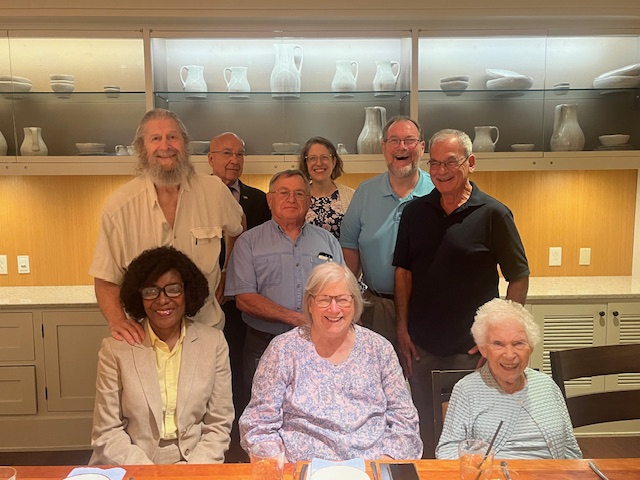On Friday, July 7, 2023, the U.S. Department of Homeland Security (DHS) announced the implementation of new family reunification parole (FRP) processes for Columbia, El Salvador, Guatemala, and Honduras. Parole is a permission of entry that allows noncitizens to stay in the United States temporarily. The new processes allow nationals from these countries whose family members are U.S. citizens or lawful permanent residents, and who have received approval to join their family in the United States, to be considered for parole on a case-by-case basis for a period of up to three years while they wait to become a lawful permanent resident.
Certain nationals of Colombia, El Salvador, Guatemala, and Honduras who are beneficiaries of an approved Form I-130, Petition for Alien Relative may be eligible to be considered for parole under the new processes. Qualifying beneficiaries must be outside the United States, meet all requirements, including screening and vetting and medical requirements, and must not have already received an immigrant visa. The new processes allow for parole only on a discretionary, case-by-case, and temporary basis upon a demonstration of urgent humanitarian reasons or significant public benefit, as well as a demonstration that the beneficiary warrants a favorable exercise of discretion.
Individuals paroled into the United States under these processes will be eligible to request employment authorization while they wait for their immigrant visa to become available. When their immigrant visa becomes available, they may apply to become a lawful permanent resident.
The processes begin with the Department of State issuing an invitation to the petitioning U.S. citizen or lawful permanent resident family member whose Form I-130 on behalf of a Colombian, Salvadoran, Guatemalan, or Honduran beneficiary has been approved. Beneficiaries awaiting an immigrant visa could include certain children and siblings of U.S. citizens and certain spouses and children of permanent residents. The invited petitioner can then initiate the process by filing a request on behalf of the beneficiary and eligible family members to be considered for advance travel authorization and parole.
The new parole processes were developed with the aim of advancing the Biden-Harris Administration’s expansion of lawful pathways to immigration and measures to reduce irregular migration. The Immigration and Nationality Act authorizes the Secretary of Homeland Security, in his discretion, to parole noncitizens into the United States temporarily on a case-by-case basis for urgent humanitarian reasons or significant public benefit.
More information on the FRP process and eligibility criteria is available on the Federal Register Notices for Columbia, El Salvador, Guatemala, and Honduras.
If you are a citizen of Columbia, El Salvador, Guatemala, or Honduras, and have questions about your eligibility for parole under the new processes, please feel free to contact Stephen Antwine, Esq. of Green & Spiegel at (215) 395-8959 or at santwine@gands-us.com.




